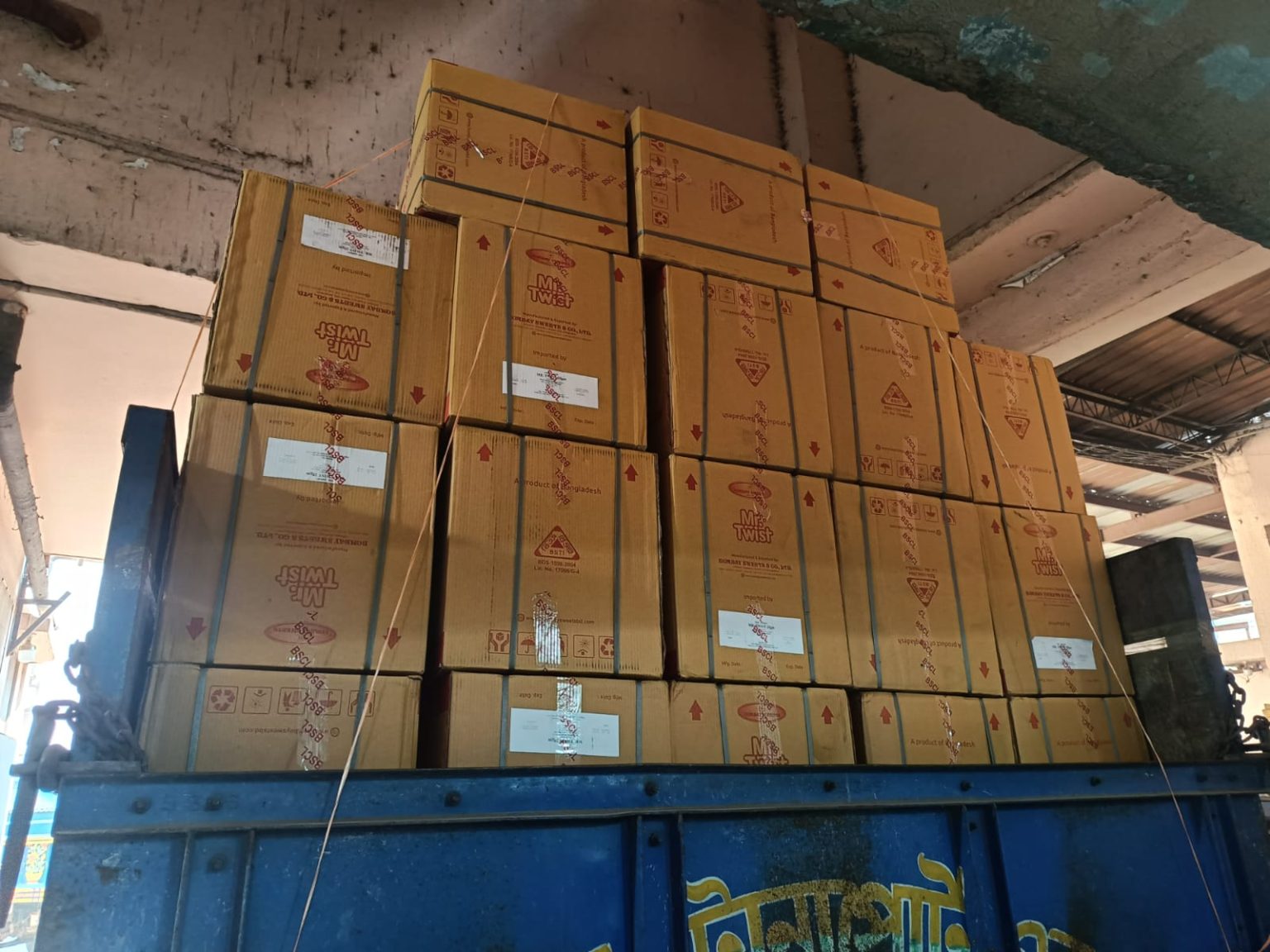India’s decision to terminate trans-shipment facility that allowed Bangladesh to transport its export cargo to third countries using Indian land customs stations en route to ports and airports sent a shockwave across South Asian businesses.
“In hours, we expressed our concern to our prime minister KP Sharma Oli that how the decision will affect us,” a Nepalese business leader is learnt to have told a Bangladeshi exporter.
The exporter was also told that PM Oli has assured them of taking the matter to highest level of New Delhi.
“It is a shockwave both for them and us,” the Bangladeshi exporter told TOB.
Nepal is worried about the decision as Nepalese heavily depend on Bangladeshi medicines. A number of Bangladeshi pharmaceuticals export medicines through India.
International bodies like Unicef also procure Bangladeshi medicines through biddings.
The facility of transit was introduced in June 2020 allowing Bangladeshi goods bound for third countries like Nepal, Bhutan and Myanmar to be transshipped through Indian land routes.
Apart from medicines, Bangladesh’s paper manufacturers like Basundhara and Meghna export papers to Nepal. As in case of medicines, Nepal is also dependent on Bangladeshi papers.
Agro-products are among other items Bangladesh export to Nepal using Indian territory.
Key companies included Pran-RFL, Square and Bombay Sweets.
Their exports to Bhutan also take place through Indian land ports under the trans-shipment facility.
Among the imports Bangladesh makes included stones and herbal products.
Earlier Indian media reported that India has terminated the trans-shipment facility that allowed Bangladesh to export goods to third countries via Indian ports.
This decision, effective immediately, was announced by India’s Directorate General of Foreign Trade (DGFT) in a recent circular.
However, consignments already entered into India may be allowed to exit Indian territory in line with the procedure outlined in the now rescinded circular on transshipments, the CBIC said.
The trans-shipment arrangement previously enabled Bangladeshi exporters to use Indian soil to send goods to destinations beyond India, thereby reducing transportation time and costs.
While the DGFT’s circular did not specify the reasons for this move, it is anticipated to have implications for trade relations between the two neighboring countries.


